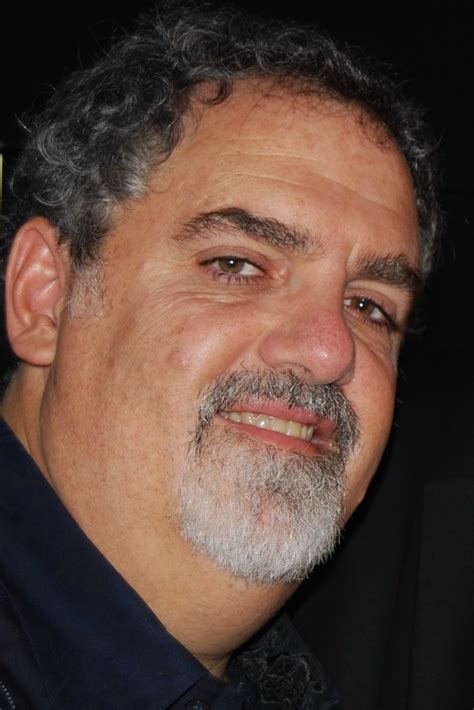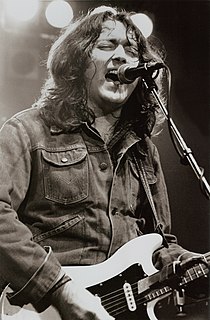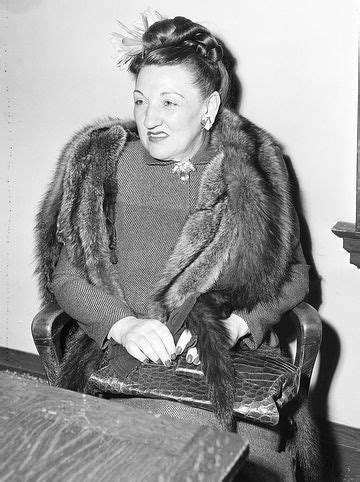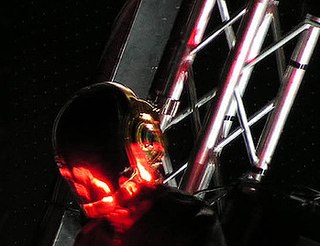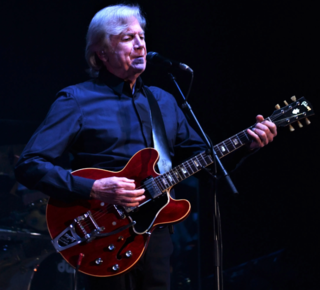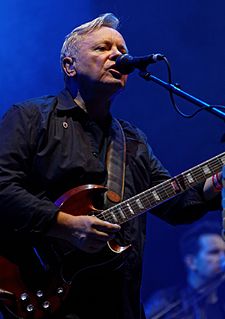A Quote by Jon Landau
The early Stones were adolescent rockers. They were self-conscious in an obvious and unpretentious way. And they were committed to a musical style that needed no justification because it came so naturally to them. As they grew musically the mere repetition of old rock and blues tunes became increasingly less satisfying.
Related Quotes
My parents were real classic rock freaks, so I heard a lot of Zeppelin, Stones, Hendrix stuff. Thankfully, they were also into lots of old soul, too, so we listened to Stevie Wonder, Earth Wind & Fire and War. I was so isolated where I grew up (a small town in Pennsylvania) that there was literally no culture.
My grandmother was also an active member of the tenants association and a staunch supporter of the Democratic Party, and both of my parents were extremely liberal, so I think I grew up in a household that was very politically conscious - we all watched the elections on TV, and we watched the debates. So it was an awareness that we were raised with, and as we grew into young adults, we just naturally became politically active. It was just understood that it was important, that it was our responsibility.
The Rolling Stones are truly the greatest rock and roll band in the world and always will be. The last too. Everything that came after them, metal, rap, punk, new wave, pop-rock, you name it... you can trace it all back to the Rolling Stones. They were the first and the last and no one's ever done it better.
Growing up in the Libya of the 1970s, I remember the prevalence of local bands who were as much influenced by Arabic musical traditions as by the Rolling Stones or the Beatles. But the project of 'Arabisation' soon got to them, too, and western musical instruments were declared forbidden as 'instruments of imperialism.'
It's true that when I was younger and I first got interested in music, I used to read books about the Stones and the Beatles and how they listened to Muddy Waters and people like that when they were starting out, who are much less well known now than the Rolling Stones. The Stones really changed blues.
If the concept of consciousness were to fall to science, what would happen to our sense of moral agency and free will? If conscious experience were reduced somehow to mere matter in motion, what would happen to our appreciation of love and pain and dreams and joy? If conscious human beings were just animated material objects, how could anything we do to them be right or wrong?
